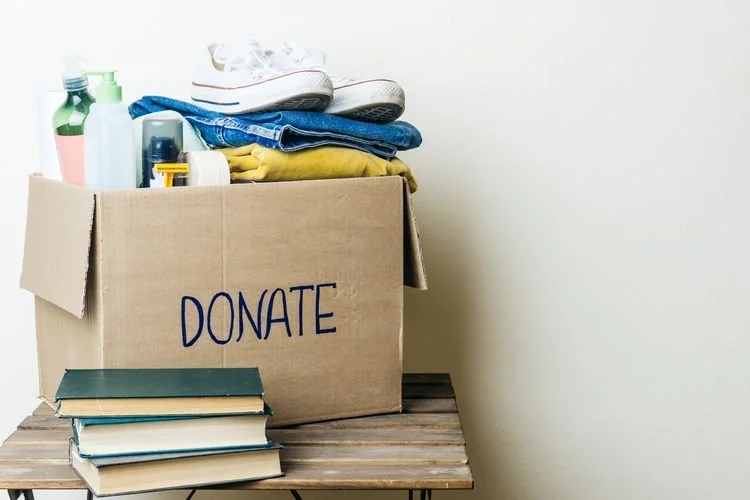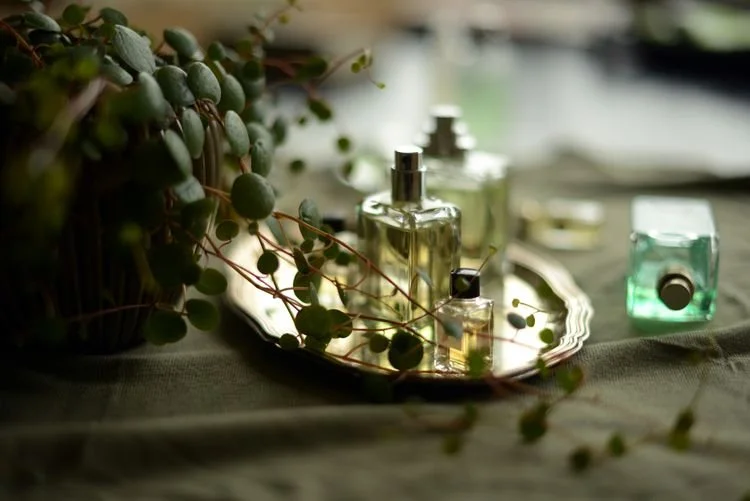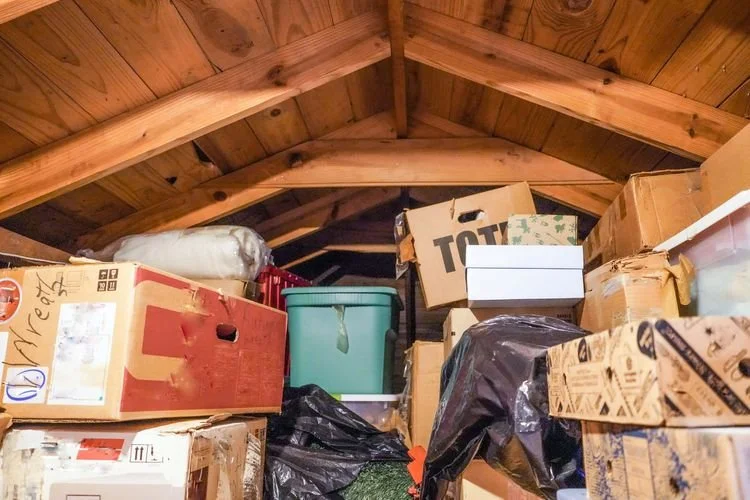6 Questions to Ask Yourself Before Throwing Things Away, According to a Cleaning Pro
By Mary Marlowe Leverette | Published on 12/27/24
Most of us struggle with keeping an organized home because we have too much stuff. We're not talking about easy-to-toss or recyclable things like spoiled or expired foods, empty paper towel rolls, or cracked and broken dishes. It's the sentimental or "I might need this one day" items that cause us to give up and ignore the clutter.
We talked to an organizing expert to gather the best questions you should ask yourself before throwing away or getting rid of an item.
Meet the Expert
Danica Carson is an organizing expert at The Uncluttered Life and the creator of the Declutter Deck.
Will I Regret Not Having This One Day?
"People often think that organization is the most difficult part of what an organizing expert does," says Carson. "The truth, however, is that the decluttering process is far more emotionally and mentally draining for everyone, clients and organizers included."
Regret is a very difficult emotion to address and almost impossible to answer. Keeping an item or the "better safe than sorry" mentality can derail the goal of an uncluttered home. Carson reminds clients that you can't anticipate what you may feel or need in the future. She recommends, instead, that you ask yourself these important questions when deciding whether an item should stay or go.
Want more cleaning and organizing tips? Sign up for our free daily newsletter for the latest hacks, expert advice, and more!
Can I Preserve the Memories While Letting Go of This Item?
Carson shared that she keeps two sentimental pieces of clothing that she will never wear again: her wedding dress and the dress she wore to bring her son home from the hospital. Since there are only two dresses, the collection is manageable. However, you can't hold on to every piece of clothing, book, or piece of china.
She recommends these methods to keep the memory but let the item go.
Take a photo of the item. Place printed photos in an album or digital file with a note about the item.
Create something new. Repurpose your grandfather's shirt to create a stuffed toy, holiday ornament, or part of a quilt.
Frame it. If you don't have room to keep an entire set of china, frame a plate that reminds you of family dinners and hang in your kitchen or dining room.
Put it to a different use. Use your mother's cherished silver tray to organize items on your dresser. You'll see and use it every day.
Is It Something I Can Find Online If Needed?
This question is particularly useful for paper clutter. User manuals, bank statements, investment information, and insurance documents can all be found online. Carson says when it comes to documents, ask yourself this: Can I find it online? If yes, toss it.
Documents you can need in an emergency or legal documents should be stored in an easy-to-access but fire- and flood-proof box.
The IRS recommends keeping individual tax returns and records for three years. It's a good idea to keep some documents longer, such as records relating to a home purchase or sale, stock transactions, IRA, and business or rental property documentation.1 However, if records are destroyed, you can request copies online from the IRS.
Can This Be Digitized?
Some documents such as birth certificates, death certificates, social security cards, and marriage licenses should be kept in their original form. Carson still recommends making a digital copy and storing it separately in case of a disaster.
For sentimental items like birthday cards, invitations, and letters, a digital copy will last much longer than the original paper and take up much less space.
If This Item Disappeared, Would I Notice? If Yes, How Upset Would I Be?
Carson asks, "If you are keeping something for sentimental reasons, but you never look at it, what purpose is it serving?"
She encourages clients to use or display sentimental items as long as they do not become clutter. Her number one rule for determining if a sentimental piece should stay or go is this: If this item were lost to fire or damage, how long would it take you to notice, and how much would that upset you? If you would be devastated, keep it, but store it correctly. She advises that guilt or obligation should not influence your true attachment to the item.
"Your loved ones would not want their items or gifts to become a burden to you," Carson adds. Decant Products
Carson comments that the size of the packaging is often a bigger issue than the number of items. She recommends investing in labels and glass containers that can be reused to decant products and create uniformity and organization. Matching containers minimizes visual clutter while making it much easier to implement vertical storage on shelves or in drawers.
Who Am I Keeping This For?
Carson's clients have attics, garages, and basements full of things they are "saving for their kids or grandkids" which is often just an excuse because they aren't ready to let go.
"The reality is that your kids or grandkids aren't going to want all that stuff," Carson says. "If you are truly keeping something with the intention of passing it on, ask the intended recipient if they want it. They may only want a few special pieces. They may want it all. You won't know unless you ask."
Whether you are keeping things because you're not ready to let go or because you haven't asked others what they want, always be honest about why you have an item.




